
If you’re planning to buy a home, an inspection is an important step in the process. It assesses the condition of the home before you finalize the transaction. It’s also a different step in the process from an appraisal, which is a professional evaluation of the market value of the home you’d like to buy. In most cases, an appraisal is ordered by the lender to confirm or verify the value of the home prior to lending a buyer money for the purchase. Here’s the breakdown of each one and why they’re both important when buying a home.
Home Inspection
Here’s the key difference between an inspection and an appraisal. Bankrate says:
“In short, while an appraisal helps you understand a home’s value, inspections help you understand a home’s condition.”
The home inspection is a way to determine the current state, safety, and condition of the home before you finalize the sale. If anything is questionable in the inspection process – like the age of the roof, the state of the HVAC system, or just about anything else – you as a buyer have the option to discuss and negotiate any potential issues or repairs with the seller before the transaction is final. Your real estate agent is a key expert to help you through this part of the process.
Home Appraisal
The National Association of Realtors (NAR) explains:
“A home purchase is typically the largest investment someone will make. Protect yourself by getting your investment appraised! An appraiser will observe the property, analyze the data, and report their findings to their client. For the typical home purchase transaction, the lender usually orders the appraisal to assist in the lender’s decision to provide funds for a mortgage.”
When you apply for a mortgage, an unbiased appraisal (which is required by the lender) is the best way to confirm the value of the home based on the sale price. Regardless of what you’re willing to pay for a house, if you’ll be using a mortgage to fund your purchase, the appraisal will help make sure the bank doesn’t loan you more than what the home is worth.
This is especially critical in today’s sellers’ market where low inventory is driving an increase in bidding wars, which can push home prices upward. When sellers are in a strong position like this, they tend to believe they can set whatever price they want for their house under the assumption that competing buyers will be willing to pay more.
However, the lender will only allow the buyer to borrow based on the value of the home. This is what helps keep home prices in check. If there’s ever any confusion or discrepancy between the appraisal and the sale price, your trusted real estate professional will help you navigate any additional negotiations in the buying process.
SBottom Line
The inspection and the appraisal are critical steps when buying a home, and you don’t need to manage them by yourself. Work with a real estate professional today so you have the expert guidance you need to navigate the entire homebuying process.


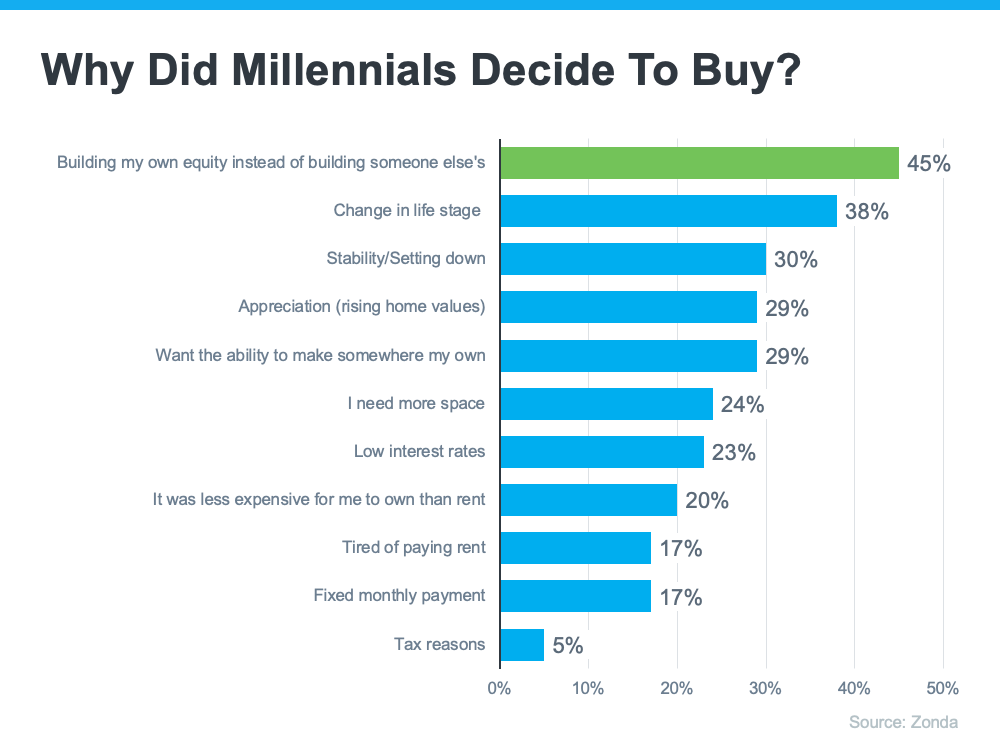

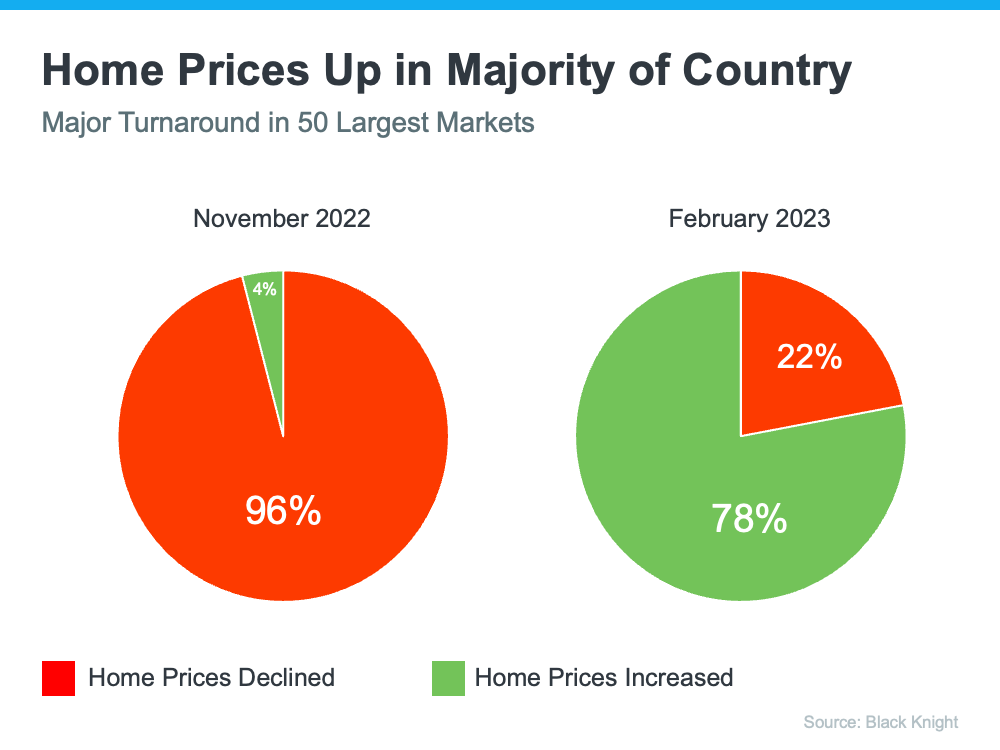
![Home Inspections for Sellers: What You Need To Know [INFOGRAPHIC] Simplifying The Market](https://files.keepingcurrentmatters.com/content/images/20230413/Home-Inspections-For-Sellers-What-You-Need-To-Know-KCM-Share.png)
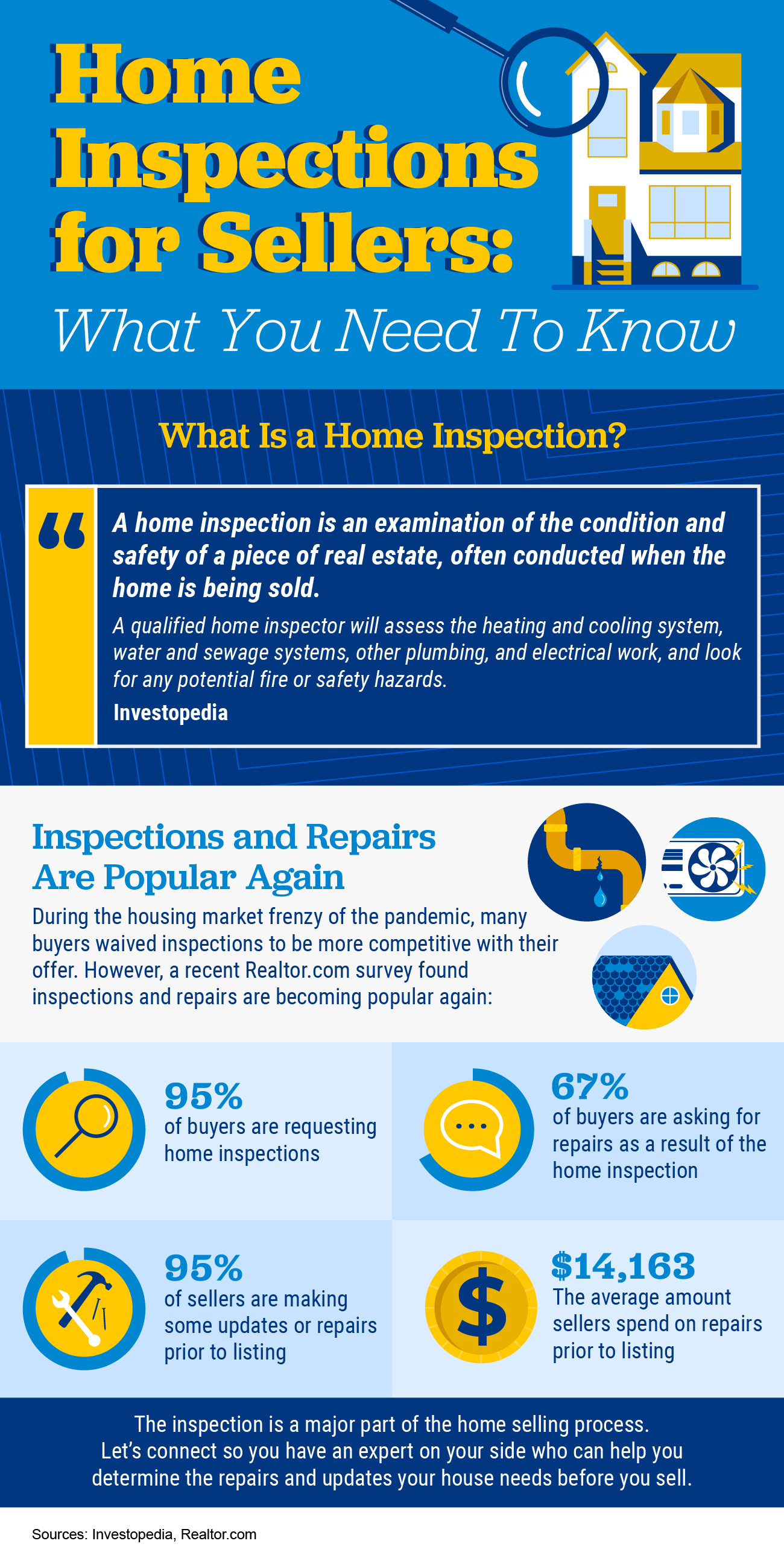

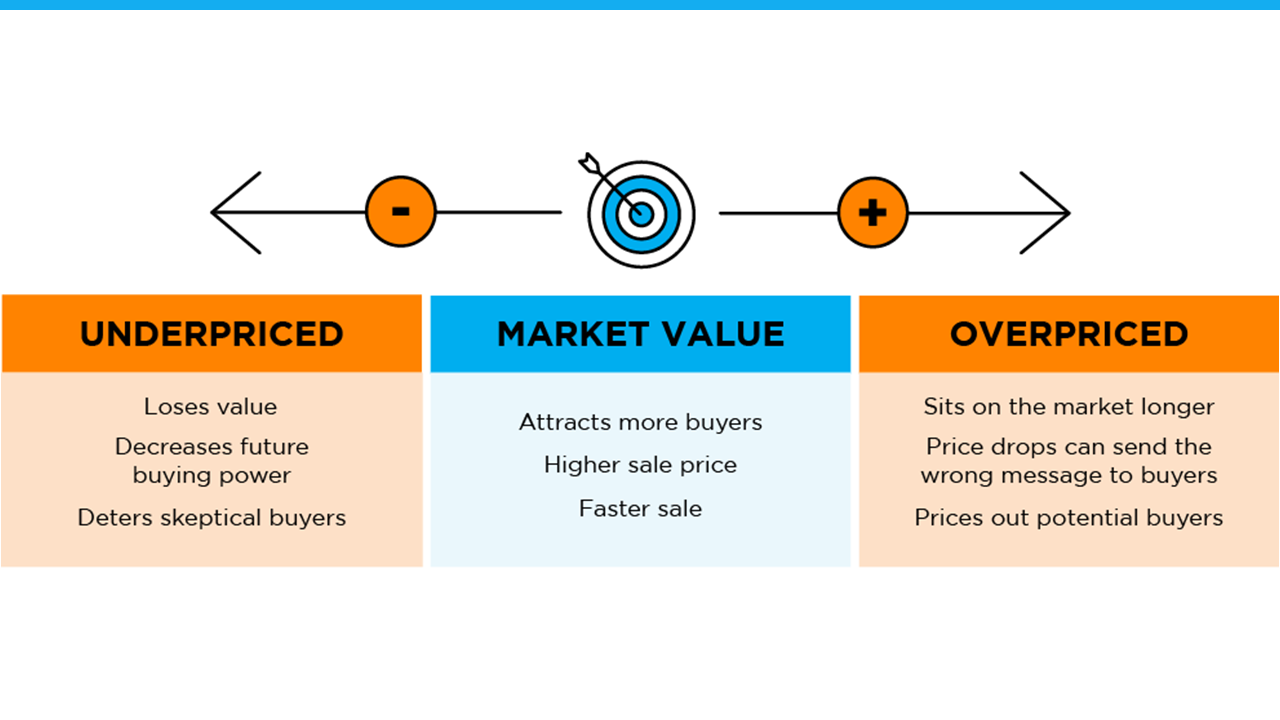

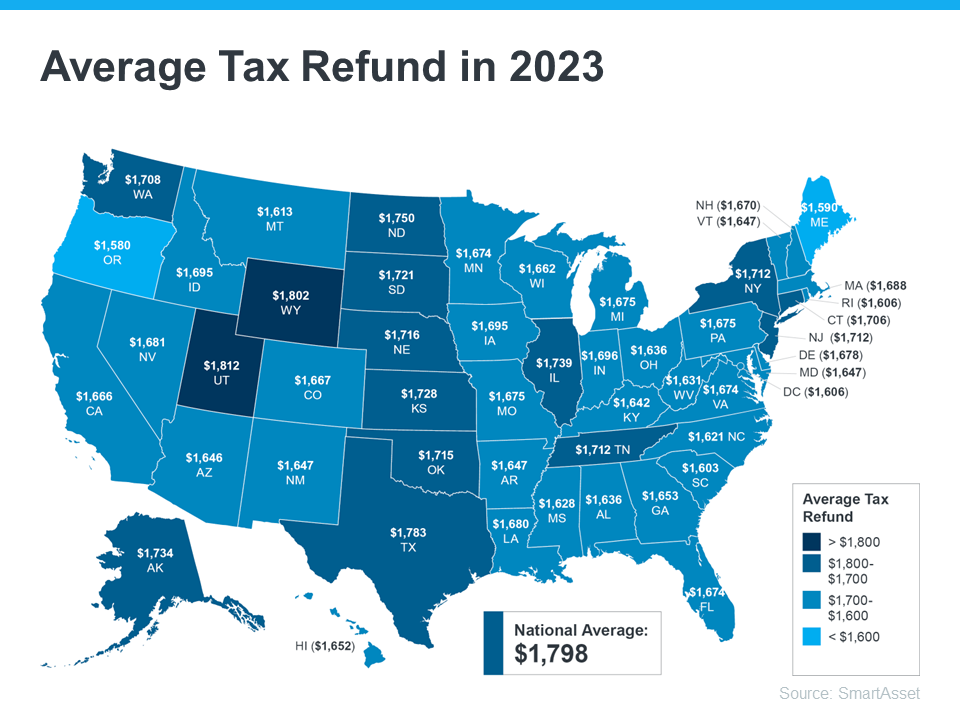

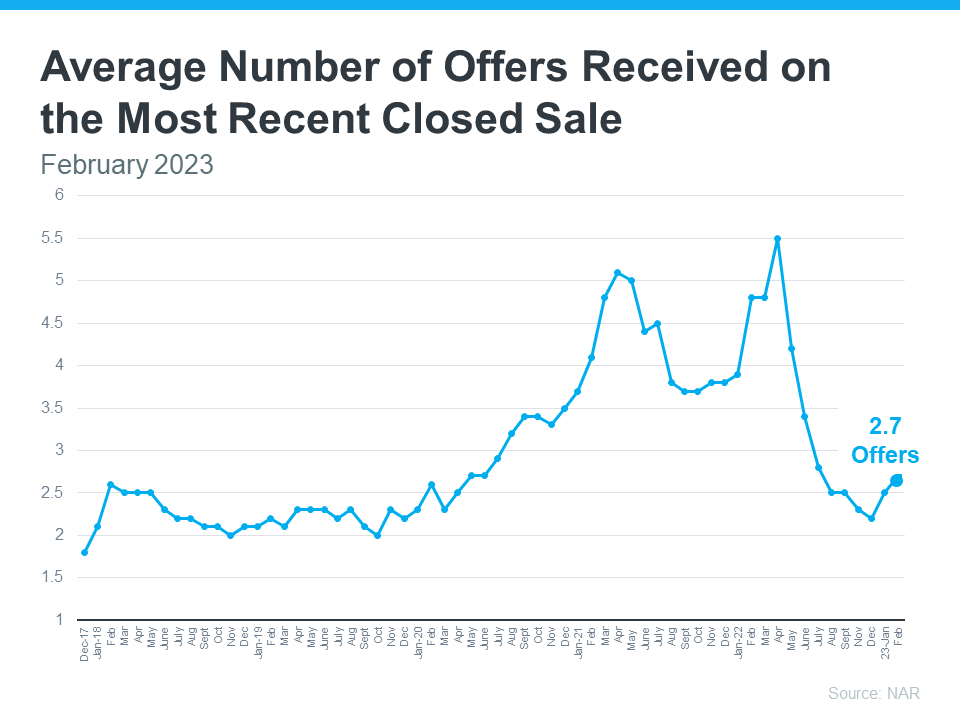

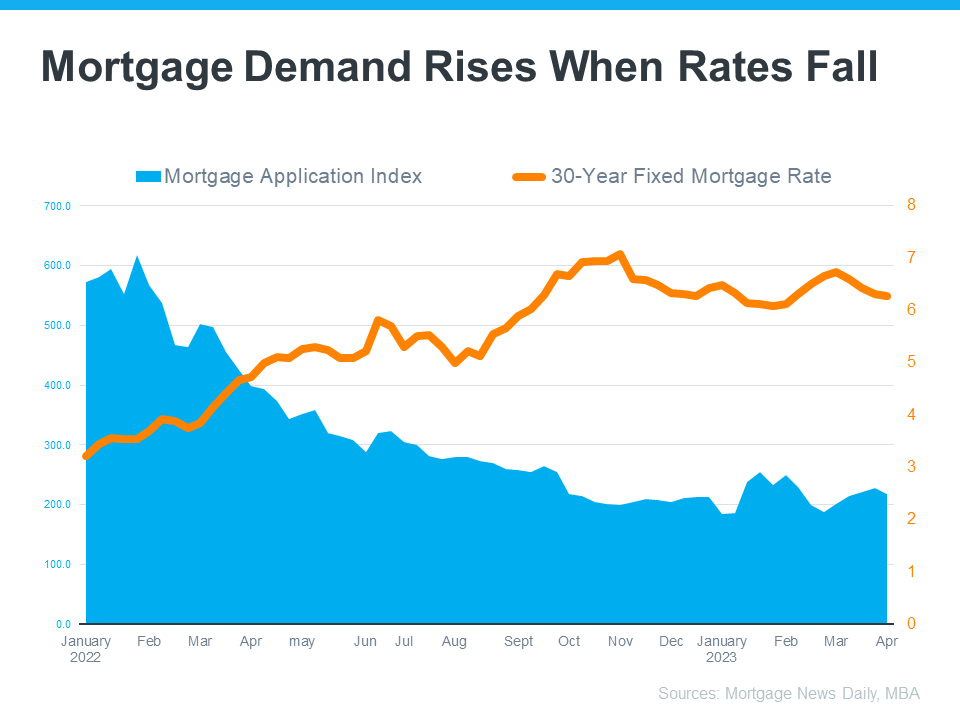
![The Key Advantage of Investing in a Home [INFOGRAPHIC] Simplifying The Market](https://files.keepingcurrentmatters.com/content/images/20230406/The-Key-Advantage-of-Investing-in-a-Home-KCM-Share.png)
